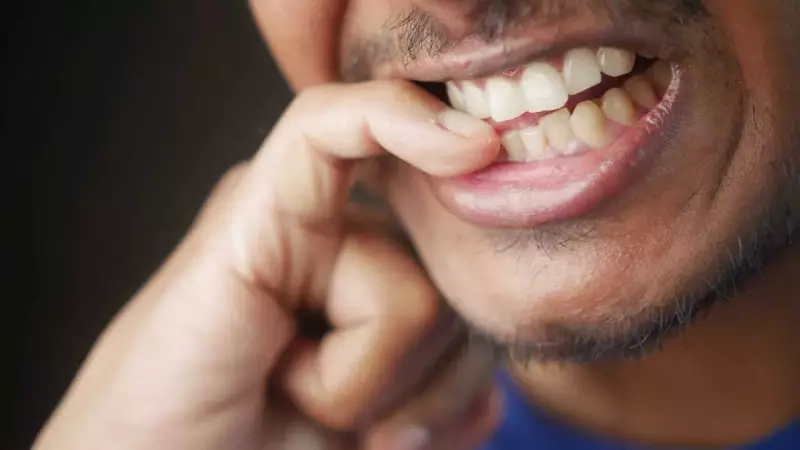
That nervous habit of biting your nails might seem harmless, but medical experts reveal it's a silent health hazard with consequences far beyond unsightly fingers. Onychophagia, the clinical term for chronic nail-biting, is more than just a bad habit—it's a gateway to multiple health problems.
The Hidden Dangers Lurking Under Your Nails
Your nails are a breeding ground for bacteria, viruses, and fungi. Every time you bite them, you're essentially inviting these pathogens directly into your mouth and body. Studies show nails can harbor dangerous germs like E. coli and salmonella.
8 Disturbing Ways Nail-Biting Damages Your Body
1. Dental Disaster Zone
Your teeth weren't designed for nail-breaking duty. Chronic biting can cause:
- Cracked and chipped teeth from the constant pressure
- Tooth misalignment and jaw problems
- Gum damage and inflammation
2. Infection Invasion
When you tear nails instead of cutting them, you create tiny openings perfect for bacterial entry. This can lead to painful paronychia—skin infections around the nails that cause swelling, redness, and pus.
3. Nail Deformities
Repeated trauma damages the nail bed, potentially causing permanent changes to how your nails grow. You might end up with ridged, uneven, or permanently shortened nails.
4. Digestive Disasters
Swallowed nail fragments can be sharp and difficult to digest. In rare cases, they've caused stomach lining damage and intestinal issues.
5. Weakened Immune System
Constant exposure to germs from nail-biting keeps your immune system in overdrive, potentially making you more susceptible to colds, flu, and other illnesses.
6. Social and Professional Consequences
Bitten nails send unconscious signals about anxiety and nervousness. In professional settings and social situations, this can negatively impact how others perceive you.
7. Chronic Pain Problems
Severe nail-biters often damage the skin around their nails, leading to persistent pain, bleeding, and sensitivity that affects daily activities.
8. The Vicious Cycle of Stress
While people often bite nails to relieve stress, the resulting pain and appearance anxiety actually increase stress levels, creating a self-perpetuating cycle.
Breaking Free: How to Stop the Habit
Overcoming nail-biting requires a multi-pronged approach. Experts recommend:
- Identify triggers that make you bite (stress, boredom, anxiety)
- Keep nails trimmed short to reduce temptation
- Use bitter-tasting nail polishes as a deterrent
- Find alternative stress relievers like stress balls or fidget toys
- Consider behavioral therapy for severe cases
Your nails are meant to protect your fingers, not become a source of health problems. Breaking this habit might be challenging, but the benefits for your health, appearance, and confidence are well worth the effort.





